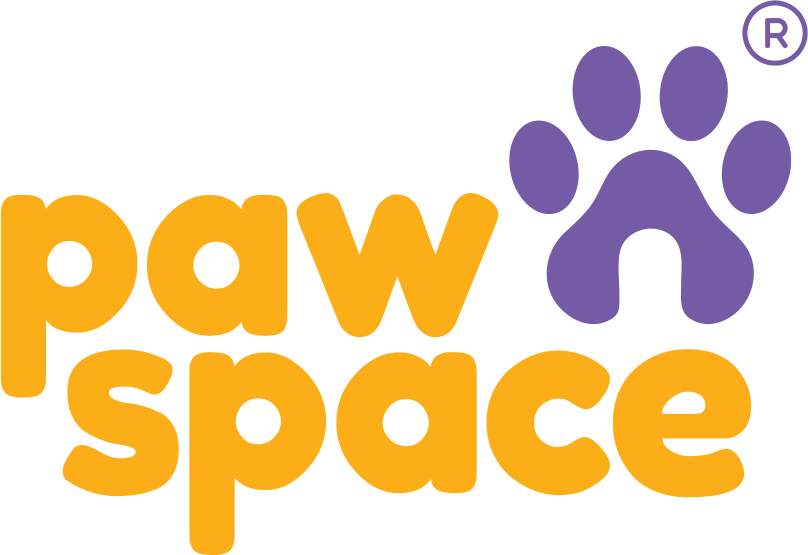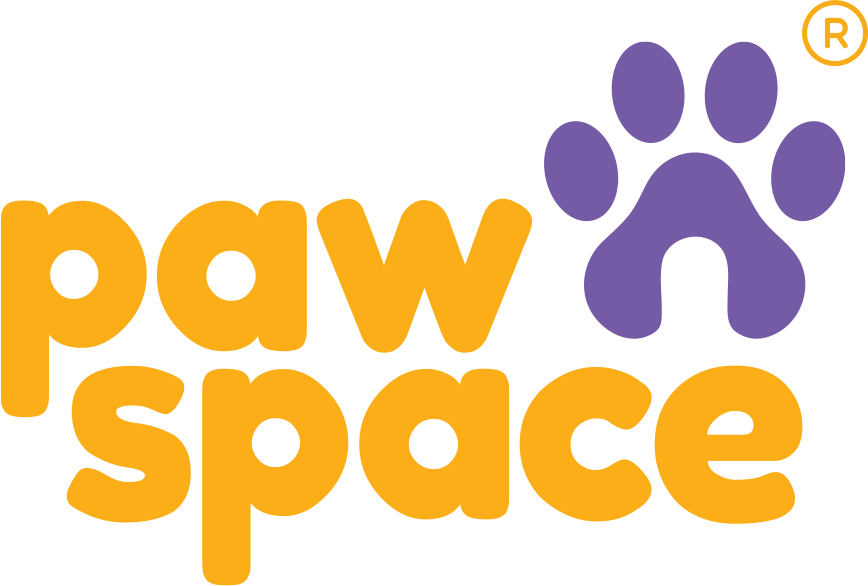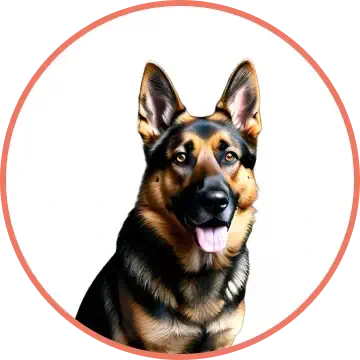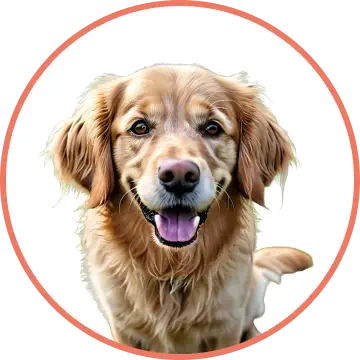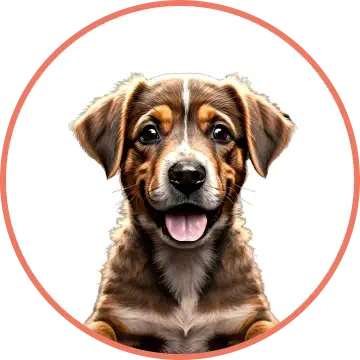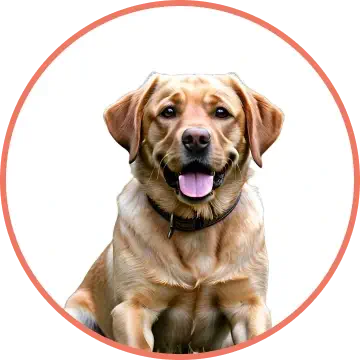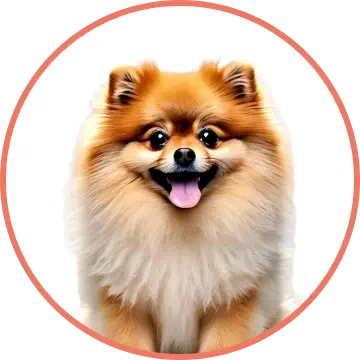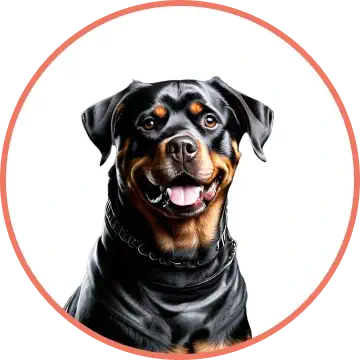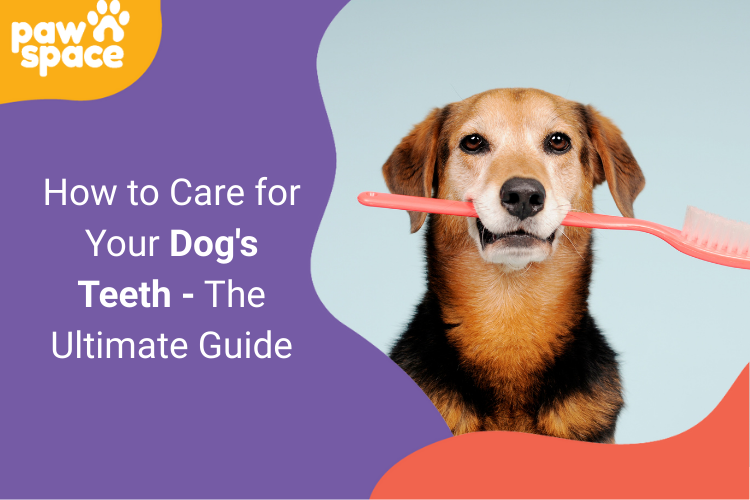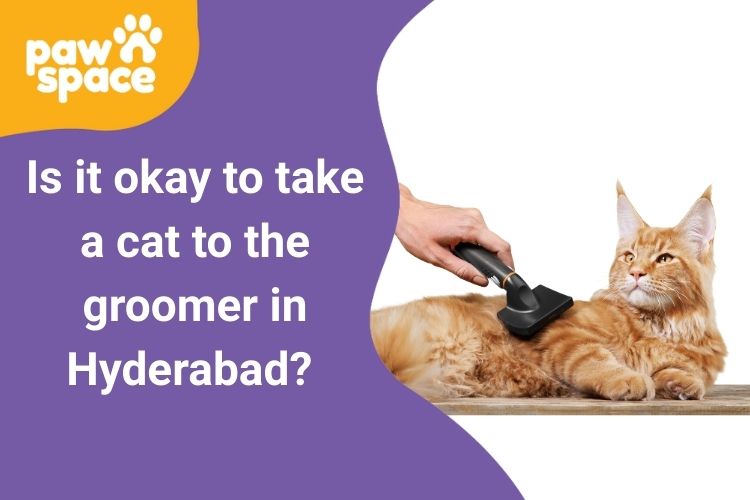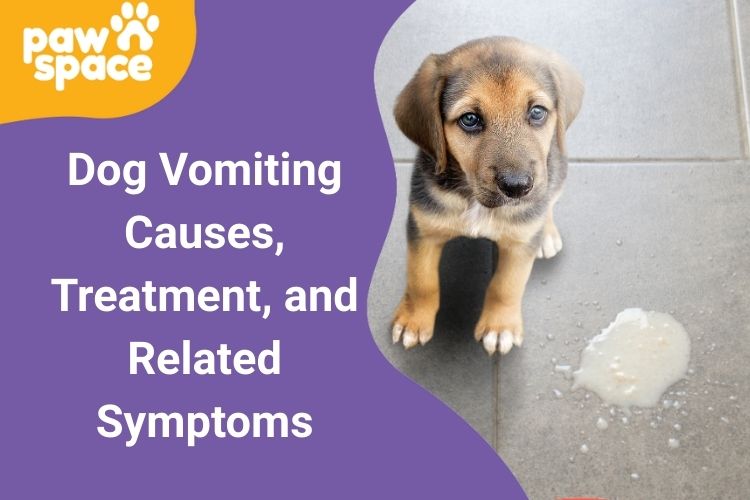Table of Contents
Toggle- Summary
- Introduction
- Why Canine Dental Care Matters?
- Taking Care of Dogs’ Teeth at Home
- Brushing
- Dental Wipes and Gels
- Dental Chews and Treats
- Oral Health Chew Toys
- Water Additives and Oral Powders
- Dental-Specific Dog Food
- Indications of Dental Issues
- Professional Dental Cleaning
- Breed-Specific Considerations
- Why Choose PawSpace for Dog Dental and General Care?
- Conclusion
- FAQs
- 1. How frequently should I brush my dog’s teeth?
- 2. What is an alternative should my dog not want to be brushed?
- 3. What are indicators that my dog has dental issues?
- 4. May I use my own toothpaste on my dog?
- 5. Why would I want to go to PawSpace for dog care?
Summary
Oral hygiene is an essential aspect of your dog’s health. This guide explains how to care for your dogs teeth by brushing, dental chews, checking oral health and booking professional cleaning. How to recognise early signs of dental problems for pet health with reliable, vet-checked care services in India.
Introduction
Your dog’s teeth are more than chewing tools. They play a direct role in your dog’s ability to eat, play, and be healthy overall. Failing to take care of them can contribute to plaque buildup, gum disease, tooth loss, and severe infections that impact major organs. Too many pet parents underestimate the significance of regular oral hygiene.
This blog provides tips on how to keep dogs’ teeth healthy through home methods and expert tools. From brushing methods to detection signs of oral issues, it provides valuable information that every dog owner should understand. You will also learn why PawSpace is a trusted pet care company dedicated to enhancing the health of canines.

Why Canine Dental Care Matters?
Like humans, dogs can develop cavities, gum disease and tartar. The only difference is that dogs are not able to communicate discomfort very well, and signs are very easy to miss until it reaches an advanced stage.
Poor dental care can lead to:
- Chronic bad breath
- Infected, bleeding or inflamed gums
- Tooth decay and loss
- Eating or chewing difficulties
- Bacterial infection that travels to the heart, liver or kidneys
- Regular dental care avoids these issues and ensures a healthier, happier life for your dog.
Taking Care of Dogs’ Teeth at Home
Brushing
- Brushing is the best method to eliminate plaque and stop gum disease. If possible, brush your dog’s teeth daily. If not, brush three times a week.
- Use a pet toothbrush or a soft finger brush
- Select dog toothpaste in chicken or peanut butter flavors
- Never give human toothpaste, which may include fluoride or xylitol
- Gradually introduce brushing with rewards and gentle touch
- Brush the outsides of teeth and the gum line
- Begin early with a young dog to establish brushing as a hassle-free habit.
Dental Wipes and Gels
- For resistant dogs, dental wipes and gels provide a convenient alternative.
- Wipes may be used to gently rub away the tooth surface
- Gels have enzymes that will break down plaque and bacteria
- Put gels against the gums or on chew toys to allow them to work passively
- Use these in conjunction with regular brushing whenever possible.
Dental Chews and Treats
- Dental chews promote mechanical cleaning as dogs chew and gnaw on them. They are well accepted in dogs and offer fun and oral value.
- Select products that are VOHC-approved
- Make sure the chew size is appropriate to your dog’s weight and chewing level
- Supervise during chewing to avoid unintentional choking or tooth breakage
- Utilise dental treats as an addition to, not a replacement for, brushing.
Oral Health Chew Toys
- Chewing is an instinctive behavior that also has oral benefits. Some toys have ridges and textures to remove plaque from teeth.
- Rubber chew toys such as KONG, nylon bones or textured chews are best
- Steer clear of extremely hard bones, as they can crack teeth
- Rotate toys every week to keep your dog interested
- Oral chew toys maintain oral health while eliminating boredom and inducing relaxation.
Water Additives and Oral Powders
- Dental additives can be added to water for drinking to assist in reducing bacteria and freshening breath. Oral powders may be sprinkled over food and usually contain probiotics and enzymes.
- While not a substitute for brushing, these supplements help to leave the teeth cleaner and the gums healthier when supplemented by other habits.
Dental-Specific Dog Food
- Vet dental diets are made to inhibit plaque and tartar by larger kibble size and abrasive nature.
- Talk to your vet about products such as Hill’s Prescription Diet t/d or Royal Canin Dental
- These foods tend to cost more but are good for dogs with ongoing dental problems
- You can also combine dental kibble with normal food to achieve an equilibrium between cost and efficiency.
Indications of Dental Issues
Identifying early symptoms of dental disease can preclude expensive treatment and pain.
Typical signs are:
- Chronic bad breath
- Red, bleeding or swollen gums
- Tartar on teeth that can be seen
- Loose, broken or missing teeth
- Inability to eat or chew
- Excessive drooling
- Pawing at the face or mouth
- Swelling near the jaw or around the eyes
If your dog displays any of these signs, consult your veterinarian for a dental check-up.
Professional Dental Cleaning
No matter how thorough your home routine is, most dogs benefit from professional cleaning once a year.
A veterinary dental cleaning includes:
- Scaling to remove plaque above and below the gum line
- Polishing the teeth to prevent future buildup
- X-rays to detect hidden issues such as root infections or bone loss
- Anaesthesia to ensure safety and reduce stress for your dog
- Dogs with existing dental issues may require more frequent cleanings or tooth extractions.
Breed-Specific Considerations
- Dental care is especially important for certain breeds:
- Small breeds like Dachshunds, Pomeranians and Chihuahuas are prone to overcrowding and faster tartar accumulation
- Brachycephalic breeds such as Bulldogs and Shih Tzus have compact jaws, making cleaning more difficult
- Older dogs can experience gum recession and tooth loss from age
- Adapt your dental care routine to suit your dog’s breed, age and medical history.

Why Choose PawSpace for Dog Dental and General Care?
PawSpace is India’s most reliable online platform for pet care, providing custom-made services according to your dog’s needs and emotions.
PawSpace Provides
- Vet-Approved Plans crafted by experts with consultation from veterinary professionals
- Cage-Free Setting that promotes relaxation and socialisation without being in a cage
- Verified Handlers and Hosts trained in pet handling and safety guidelines
- Personalised Diets and fresh food deliveries to aid dental health and digestion
- Doorstep Convenience Services such as grooming, training and boarding
- Real-Time Reporting that enables you to keep an eye on your dog while in care
- From oral care to grooming or behaviour training, PawSpace offers individualised solutions with a focus on comfort and care.
Conclusion
Knowing how to take care of dogs’ teeth is part of being a responsible and loving pet parent. Good dental hygiene is not optional, it is essential for a healthy, pain-free life. Brushing, using dental products, choosing appropriate diets and scheduling regular vet visits all contribute to maintaining your dog’s smile.
Begin early, stay consistent and select procedures that are appropriate for your dog’s temperament and health profile. Under the advice of your vet and professional assistance from websites such as PawSpace, you can have many more happy, healthy years with your pet.
FAQs
1. How frequently should I brush my dog’s teeth?
Brush every day if possible. If not, brush three times a week with a canine toothbrush and dog-safe toothpaste.
2. What is an alternative should my dog not want to be brushed?
Dental wipes, oral gels, dental chews and water additives can assist in keeping the teeth clean when it is hard to brush.
3. What are indicators that my dog has dental issues?
Bad breath, tartar, inflamed gums, trouble chewing and slobbering are usual indicators of oral distress.
4. May I use my own toothpaste on my dog?
No. Human toothpaste has dangerous ingredients such as xylitol and fluoride. Only use toothpaste formulated specifically for dogs.
5. Why would I want to go to PawSpace for dog care?
PawSpace provides tailored, vet-approved care in a cage-free environment, provided by trained staff at your convenience.
